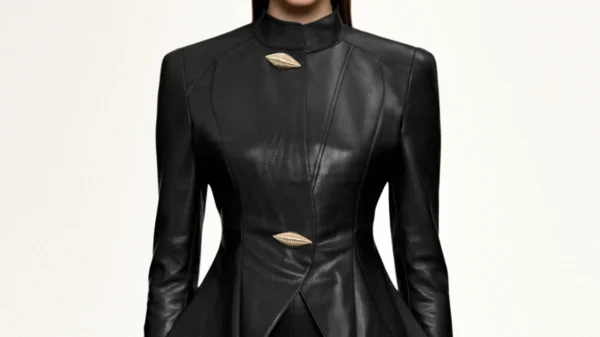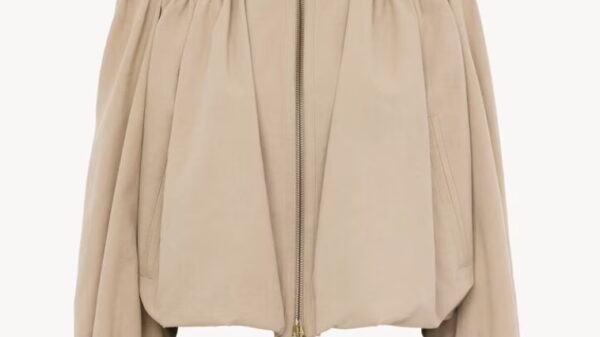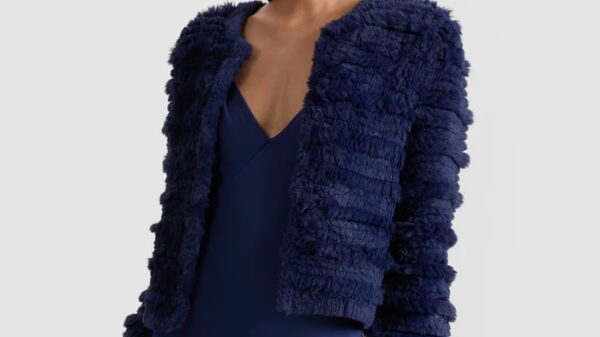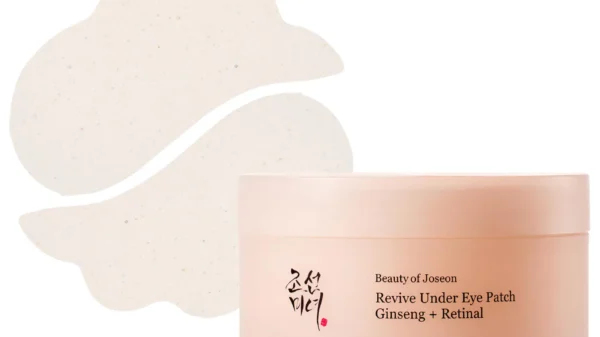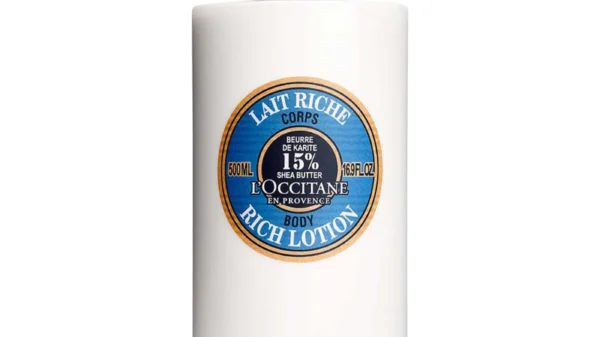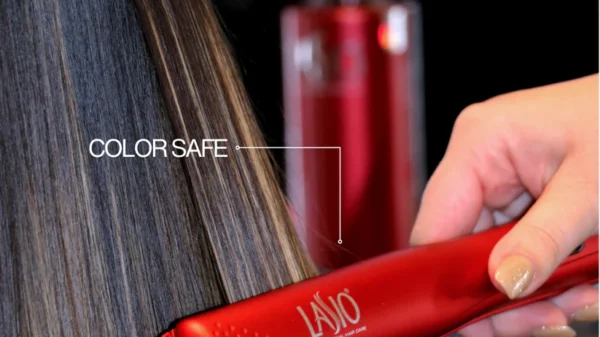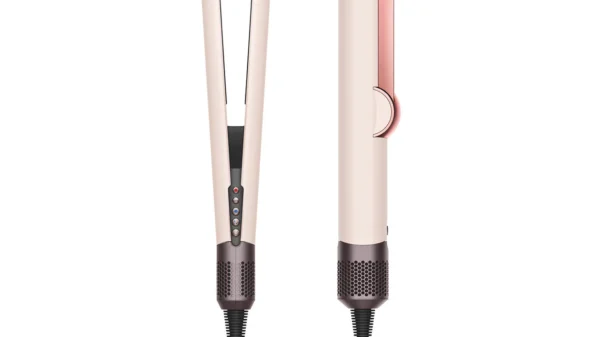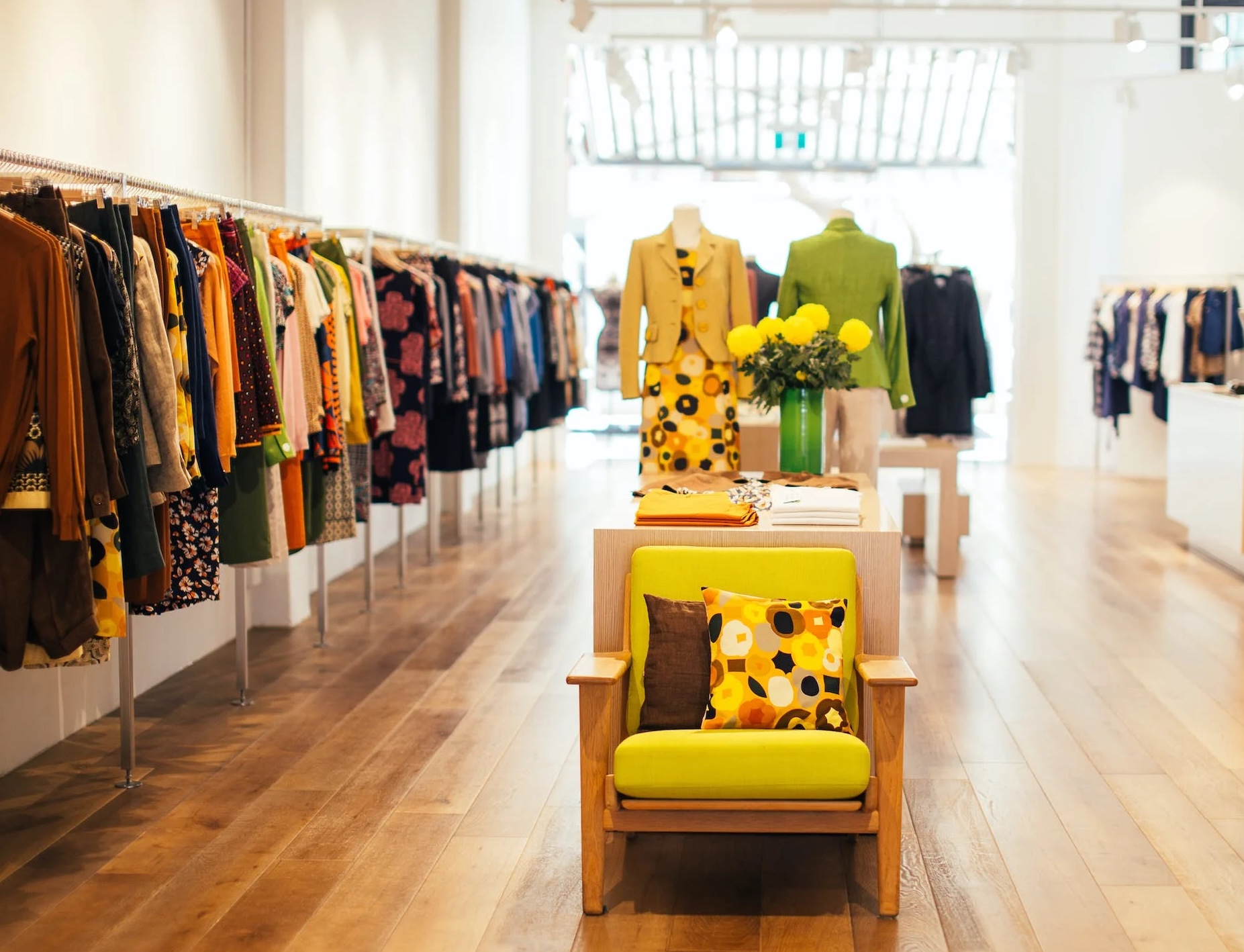In the dynamic world of fashion, the intersection of technology and creativity is not just a trend, but a revolution. As we step into 2024, Artificial Intelligence (AI) emerges as a transformative force in the realm of textile creation, redefining the fabric of fashion itself. This feature delves into the pioneering efforts of luxury fashion houses in harnessing AI for fabric innovation, mapping a future where technology tailors new sartorial experiences.
Innovative Fabric Creation with AI:
Data-Driven Design: Fashion designers are now using AI algorithms to analyze trends, consumer preferences, and environmental factors, leading to the creation of fabrics that are not only aesthetically pleasing but also resonate with market demands and sustainability goals.
Material Science Advancements: AI facilitates the exploration of new materials, combining natural fibers with synthetic ones to produce textiles that are more durable, sustainable, and versatile.
Customization and Personalization: AI’s predictive capabilities enable designers to create fabrics that cater to individual preferences, ensuring a more personalized fashion experience.
Luxury Fashion Houses at the Forefront:
Several high-profile luxury brands are already making strides in AI-driven textile innovation:
Chanel and Biotechnology: Chanel has invested in biotech startups to develop sustainable materials that mimic silk and leather, using AI to optimize the production process.
Versace’s AI-Enhanced Fabrics: Versace collaborates with tech firms to integrate AI in textile patterning, offering unique designs that are both trendsetting and data-informed.
Gucci’s Digital Innovation: Gucci explores AI in digital textile printing, enhancing efficiency and reducing waste, signifying a commitment to sustainable luxury.
The Future of Fashion Textiles:
- Eco-Friendly and Sustainable: The future points towards AI-driven innovations focusing on reducing the fashion industry�s carbon footprint, with a strong emphasis on recyclable and biodegradable materials.Smart Textiles: The advent of smart fabrics, integrated with sensors and IoT devices, opens possibilities for fashion that interacts with the environment, changes color, or adapts to weather conditions.
- Enhanced Supply Chain Efficiency: AI will streamline the supply chain, from material sourcing to distribution, ensuring faster, more cost-effective, and environmentally conscious production.In conclusion, as we gaze into the future, it is evident that AI’s role in fashion is not just a fleeting trend but a cornerstone of innovation. Luxury fashion houses are at the helm of this revolution, weaving a future where fashion is not only about aesthetics but also about intelligent, sustainable, and personalized experiences. The fabric of the future is being spun today, and it is vibrant, intelligent, and more connected than ever before.
Report by Linda Carol






